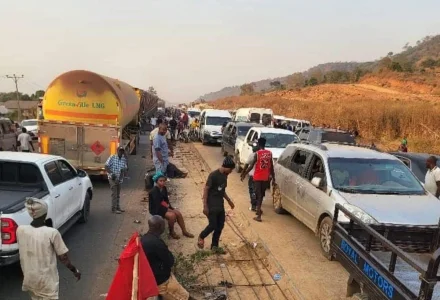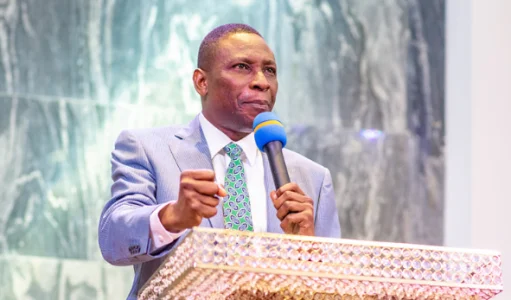
Nigeria's DSS warns against planned nationwide protest, claiming to have identified sponsors aiming for regime change. The agency fears violence and chaos, urging citizens to avoid participating. DSS calls for peaceful dialogue and engagement with authorities, emphasizing the risks of violent demonstrations to national stability.
The Department of State Services (DSS) in Nigeria has issued a stern warning against a planned nationwide protest, claiming to have identified the sponsors behind the action. In a statement released by Dr. Peter Afunanya, the Director of Public Relations and Strategic Communications, the DSS expressed concerns that the protest could be hijacked by hoodlums, leading to chaos and extreme violence across the country.
The security agency alleges that the ultimate goal of the protest organizers is to orchestrate a regime change, particularly at the federal level. While acknowledging the democratic right to peaceful protest, the DSS claims to have uncovered a sinister plot to infiltrate the demonstration and escalate it into violence.
According to the DSS, the plotters aim to tarnish the reputation of both federal and sub-national governments, making them unpopular among the masses. The agency states that it has identified funding sources, sponsors, and collaborators behind the planned protest.
In response to this perceived threat, the DSS says it has employed non-kinetic and conflict resolution strategies, including moral suasion and stakeholder engagement, to dissuade the organizers from proceeding with their plans. The agency is urging all protest groups to avoid any form of rage, anarchy, or spoliation.
The DSS calls on various sectors of society, including labor unions, student associations, youth leaders, civil society, and politicians, to refrain from participating in what it describes as orchestrated violence. Instead, it encourages citizens to use available channels to express their grievances peacefully and engage patiently with authorities in the interest of national stability.




